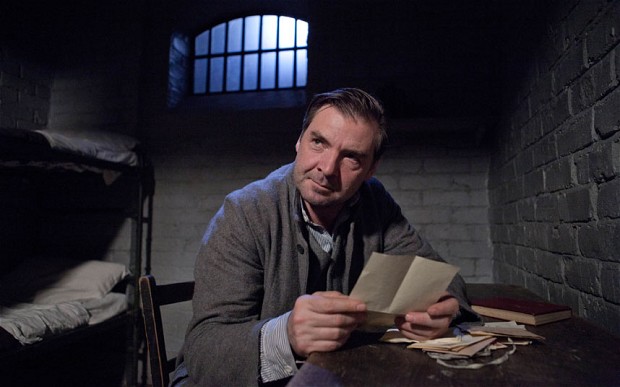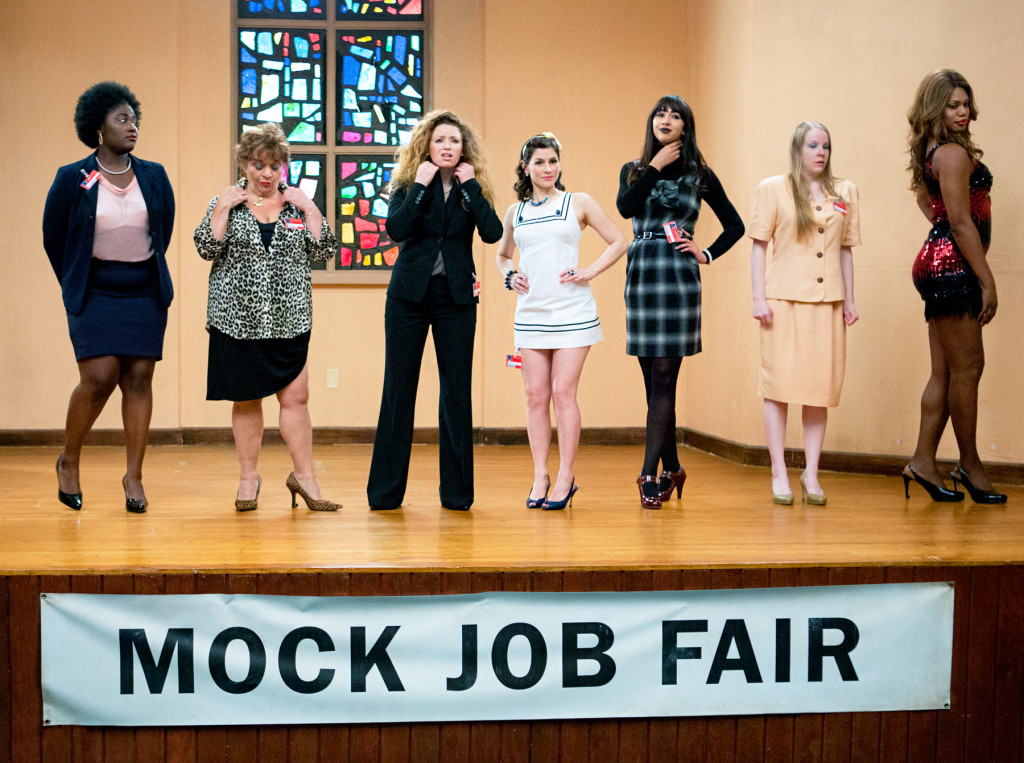I Hate Mr. Bates
Written by Ian Thomas Malone, Posted in Blog, Downton Abbey, Pop Culture
I recently rewatched most of Downton Abbey in preparation for season six, which starts a week from today. Being known for its soap operatic value, one shouldn’t step into Highclere Castle expecting plots that make sense or robust character development. Julian Fellowes doesn’t hit his mark every time, but there’s certainly a reason why the recent trailer tugs at many people’s heartstrings and it’s not just because of the music. It’s because we’ve grown to love these characters.
There’s one man I used to love (as one loves a fictional character) once upon a time, but that affection has vanished. Like many, I started to feel it in season four and that continued as questions regarding his morality surfaced yet again. As you probably gathered from the title of this article, I am, of course, referring to Mr. Bates.
At first glance, he’s a tough guy to hate. Misery seems to follow him everywhere, tracking him by the sound of his cane thumping on Downton’s creaky floors and yet, he’s a pretty decent guy. He gave Molesley some money and saved Barrow from ruin at the hands of O’Brien/Jimmy. So why hate his Lordship’s valet?
The Mr. Green plotline has been almost universally panned. Many articles have been penned about how Fellowes has no idea as to what to do with either Bates. I’ve found that the problem goes even beyond Mr. Green. To put it simply, Mr. Bates is terrible.
I’ve gotten into several arguments regarding the Bates/Barrow feud. People say I’m horrible or contrarian for taking Thomas’ side, usually because they forget what’s important. It’s not about who’s the most morally altruistic person. It’s about who’s fun to watch.
There’s a scene in season five where Barrow acknowledges the simple fact that the two do not like each other. This gave me a bit of an “aha” moment as I realized that I don’t like Mr. Bates either. In season three, I was firmly on team #freeBates. Now when I watch season three, I usually skip his scenes (along with Edith’s, which makes it easier for me to keep watching the same show over and over).
Think about how many episodes of the show feature a happy Mr. Bates. He’s sad when he first gets there because no one likes him. He spends the rest of season one feuding with the O’Brien/Barrow dream team and sad about his leg. We also find out he was in trouble for being a thief, which was the first red flag.
Season two brings even more bad news. We find out he has a wife who he doesn’t like. He has a brief moment of happiness when he marries Anna, but then he goes to jail, where he spends most of season three.
He’s happy for a little bit at the end of season three and the beginning of season four, though we find out that he’s also a forger in addition to being a thief. What a standup guy! He’s also always moody. Sure, he’s had rotten luck, but so has Molesley. Downton’s cricket champion never lets the world get him down.
The reason for this sadness is simple. He has nothing else to do. Fellowes never tried to give him any storyline that didn’t involve horrible things happening to him. It got boring. I left the #freeBates team in favor of #killBates. At least then, Molesley could take his place as valet.
Downton Abbey is a drama. We expect characters to endure hardships. It’s generally considered reasonable to expect to be given a reason to like the character as well.
Bates and Barrow contrast well in this regard. Both are generally pretty moody and we know why. Bates is a crippled creep and Barrow is gay at a time when that was not only completely unacceptable, it was criminal.
Their unpleasantness manifests itself in different ways. Barrow takes his anger out on others while Bates is just a grump. We can probably assume that Bates is the better person (unless he actually killed Mr. Green or more gruesome details about his past turn up), but what does that really matter?
As a character, Bates lacks depth. Even his romance with Anna seemed a bit rushed. More importantly, he doesn’t make for good television.
Reports for season six suggest that not everyone will have a happy ending. It’s hard to tell where Bates will fit into this. One would think Fellowes would throw a curveball and let him limp off into the sunset with Anna on his arm. Problem is, I don’t care.












